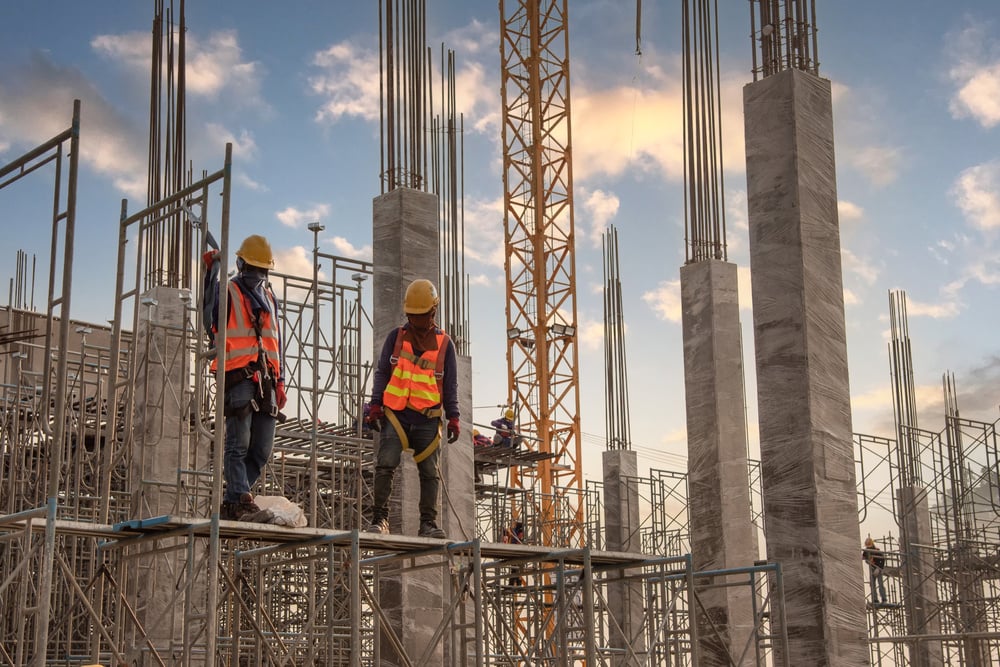Addressing the Skilled Labor Shortage in Construction
The U.S. construction industry is facing a significant workforce challenge. According to the Associated Builders and Contractors (ABC), the sector...

The construction industry is highly sensitive to economic policies, with recent developments significantly influencing financing conditions. Understanding these impacts is crucial for stakeholders aiming to navigate the evolving financial landscape.
Interest Rate Adjustments
In December 2024, the U.S. Federal Reserve implemented an interest rate hike, increasing the federal funds rate by 0.25 percentage points to 5.25%. This move, aimed at curbing inflation, has direct implications for construction financing. Higher interest rates elevate borrowing costs for construction firms, potentially leading to project delays or cancellations due to increased expenses. Developers may face challenges in securing affordable loans, affecting both ongoing and planned projects.
Inflationary Pressures
The construction sector continues to grapple with rising material costs, a trend exacerbated by ongoing inflation. Key materials such as steel, lumber, and concrete have seen significant price increases, impacting project budgets and timelines. These inflationary pressures necessitate careful financial planning and may require firms to adjust pricing strategies or seek alternative materials to manage costs effectively.
Government Infrastructure Spending
The federal government's recent infrastructure bill, passed in November 2024, allocates $1.2 trillion towards various construction projects, including transportation, utilities, and broadband expansion. This substantial investment is expected to create numerous opportunities for construction firms, potentially offsetting some negative impacts of higher borrowing costs. However, companies must be prepared to navigate the competitive bidding processes and compliance requirements associated with federally funded projects.
Tariffs and Trade Policies
Recent adjustments in trade policies, particularly the imposition of tariffs on imported steel and aluminum, have further influenced material costs. These tariffs, enacted in early 2025, aim to protect domestic industries but have led to increased expenses for construction materials. Firms reliant on imported materials may need to explore domestic alternatives or renegotiate supplier contracts to mitigate these cost increases.
Strategic Considerations for Construction Firms
To adapt to these economic policy shifts, construction firms should consider the following strategies:
By proactively addressing these economic policy impacts, construction firms can better position themselves to navigate the current financial landscape and capitalize on emerging opportunities.
Strengthen Your Construction Business with Baldwin CPAs
For over 30 years, Baldwin CPAs has helped construction companies stay competitive, financially strong, and fully compliant with industry regulations. Our team brings deep expertise in construction-specific financial and accounting services, ensuring you have the support needed to maximize profitability, minimize risk, and maintain compliance in an evolving market.
Whether you need audit and accounting assistance, tax preparation and planning, business valuation, or payroll and accounting services, Baldwin CPAs has the experience and industry knowledge to help your business thrive. Learn more about our services.
Stay informed with the latest financial insights and industry updates. Subscribe to our Construction Newsletter for guidance tailored to the construction sector.

The U.S. construction industry is facing a significant workforce challenge. According to the Associated Builders and Contractors (ABC), the sector...

On February 25, 2025, President Donald J. Trump signed an executive order titled "Making America Healthy Again by Empowering Patients with Clear,...

Physicians often have complex financial situations due to their high incomes, student loan burdens, and tax liabilities. Without proper tax planning,...